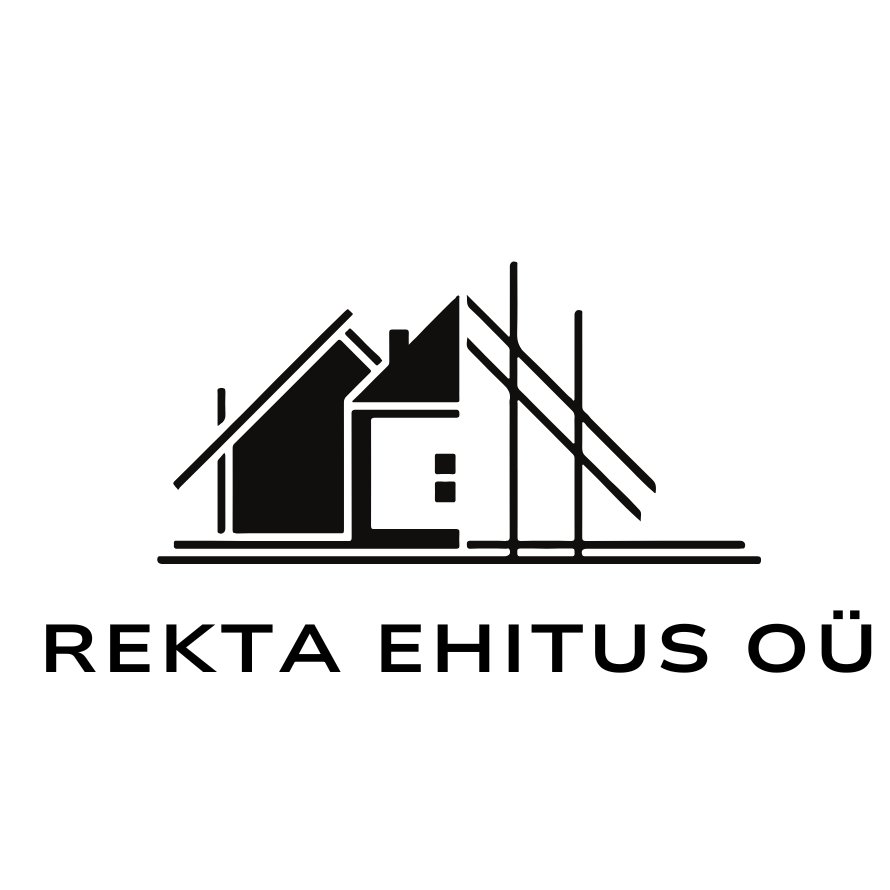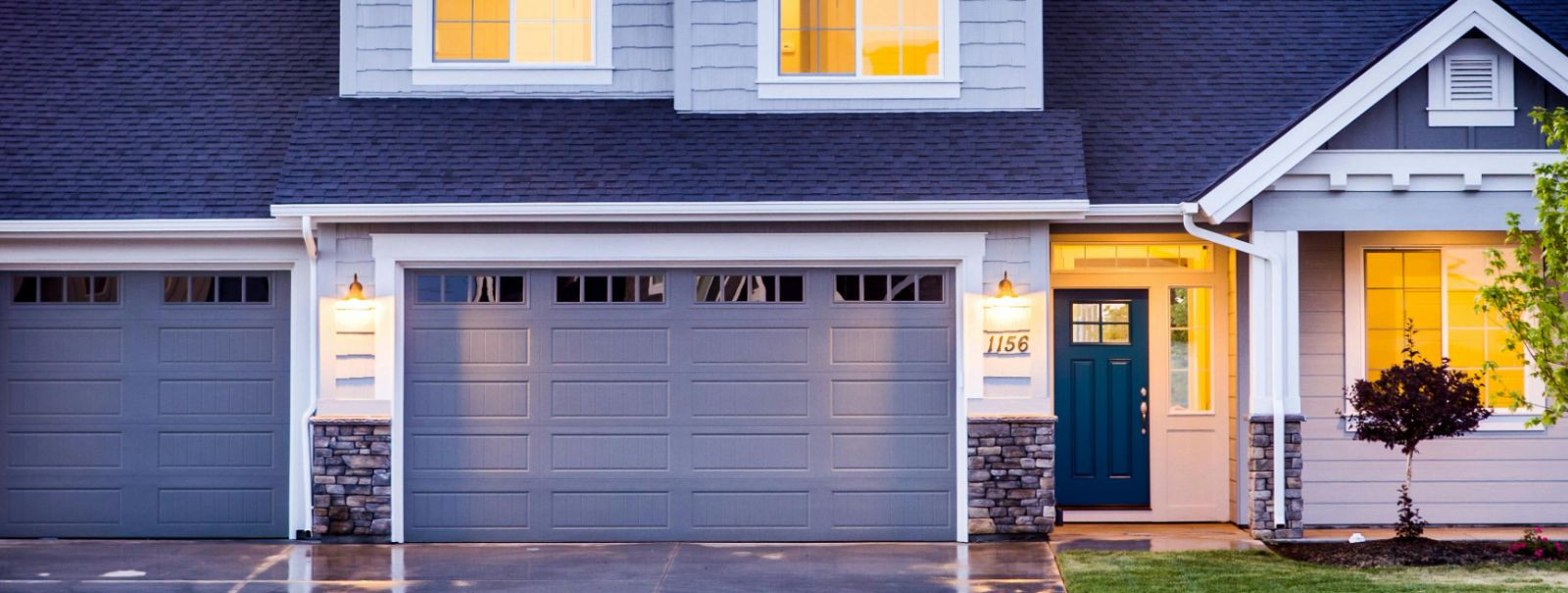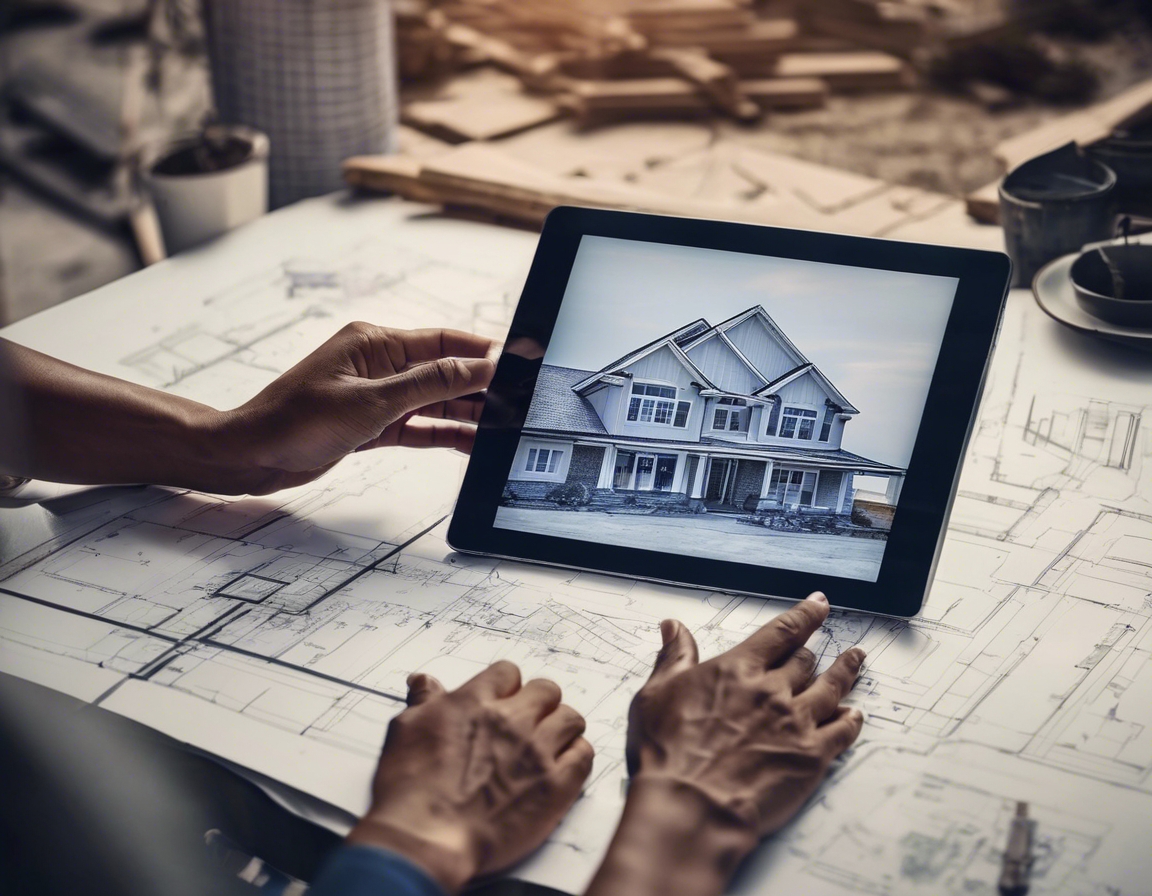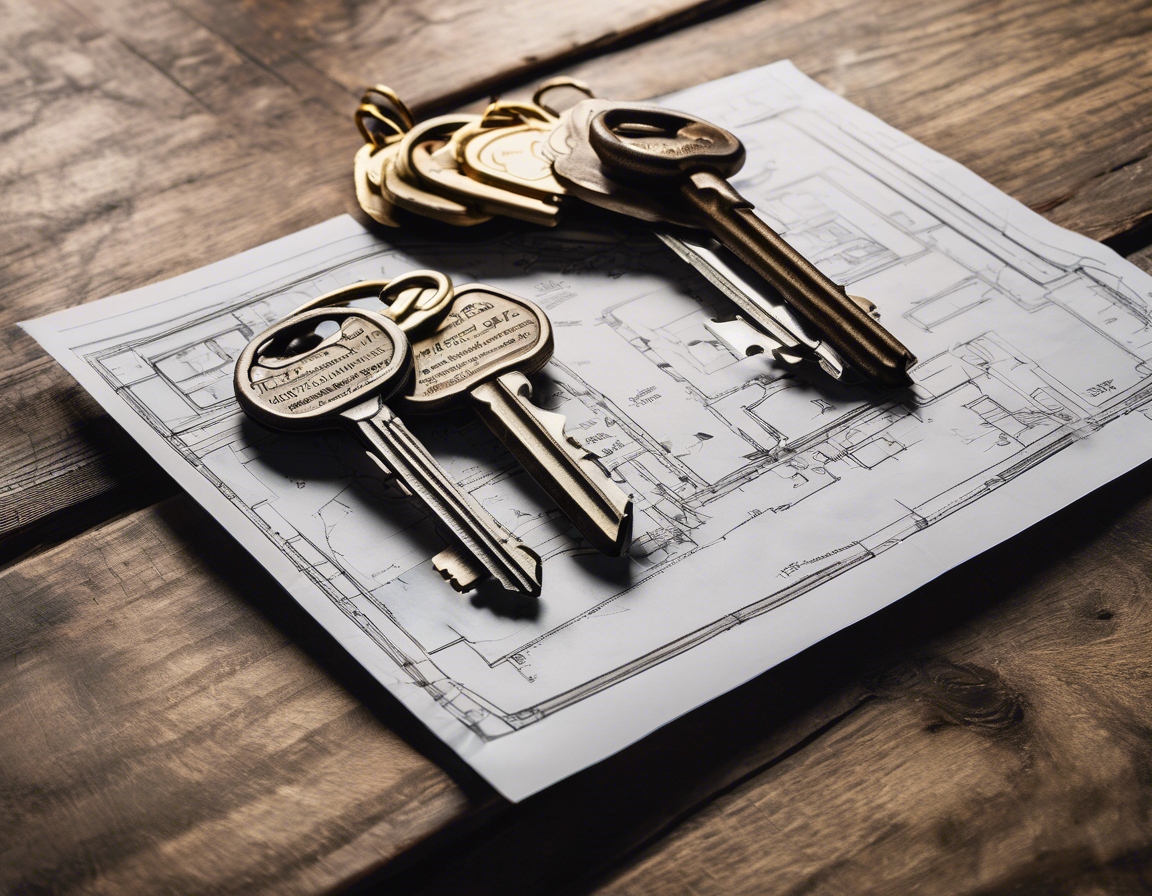The future of private house construction
The private house construction industry is undergoing a significant transformation, driven by technological advancements, evolving design preferences, and a growing emphasis on sustainability. As we look to the future, these changes promise to redefine how homes are built, designed, and lived in, offering exciting opportunities for homeowners and builders alike.
2. Technological Innovations Shaping the Future
Smart home technology is becoming an integral part of modern house construction. From automated lighting and climate control to advanced security systems, these technologies offer convenience, efficiency, and enhanced quality of life. Future homes will increasingly incorporate IoT devices, allowing homeowners to control various aspects of their home environment remotely.
As environmental concerns grow, the use of sustainable building materials is gaining traction. Innovations such as recycled steel, bamboo, and hempcrete are not only eco-friendly but also offer durability and energy efficiency. These materials are set to become staples in future construction projects, aligning with the global push towards sustainability.
3D printing and modular construction are revolutionizing the way homes are built. These methods allow for faster construction times, reduced waste, and cost savings. As technology advances, we can expect to see more homes being constructed using these innovative techniques, offering customizable and efficient building solutions.
3. Design Trends Influencing Modern Homes
Open floor plans continue to dominate modern home design, providing a sense of spaciousness and flexibility. Future homes will likely feature adaptable spaces that can be easily reconfigured to meet the changing needs of homeowners, reflecting a shift towards more dynamic living environments.
Biophilic design, which emphasizes the connection between indoor spaces and the natural environment, is gaining popularity. Incorporating elements such as natural light, greenery, and outdoor living spaces, this design approach enhances well-being and creates a harmonious living experience.
4. The Role of Automation and Robotics in Construction
Automation and robotics are set to play a crucial role in the future of house construction. From robotic bricklaying to automated inspection drones, these technologies promise to increase efficiency, reduce labor costs, and improve safety on construction sites.
5. The Importance of Energy Efficiency and Eco-Friendly Practices
Energy efficiency is a key consideration in modern home construction. Future homes will incorporate advanced insulation, energy-efficient windows, and renewable energy sources such as solar panels. These practices not only reduce environmental impact but also offer long-term cost savings for homeowners.
6. The Rise of Customization and Personalization in Home Design
As homeowners seek to create spaces that reflect their personal tastes and lifestyles, customization and personalization are becoming increasingly important. From bespoke architectural features to personalized interior design, the future of home construction will cater to individual preferences, offering unique and tailored living environments.
7. The Impact of Urbanization on Private House Construction
Urbanization is influencing the way homes are designed and built, with a focus on maximizing space and efficiency. As cities grow, there is a greater demand for innovative housing solutions that accommodate urban living while maintaining comfort and quality.
8. The Future of Construction Services: 'Keys to the Hands' Approach
The 'keys to the hands' approach is becoming increasingly popular among busy professionals and entrepreneurs. This service model offers a hassle-free construction experience, where all aspects of the build are managed by the construction company, allowing clients to focus on their personal and professional lives. As demand for convenience grows, this approach is set to become a standard in the industry.






Comments (0)